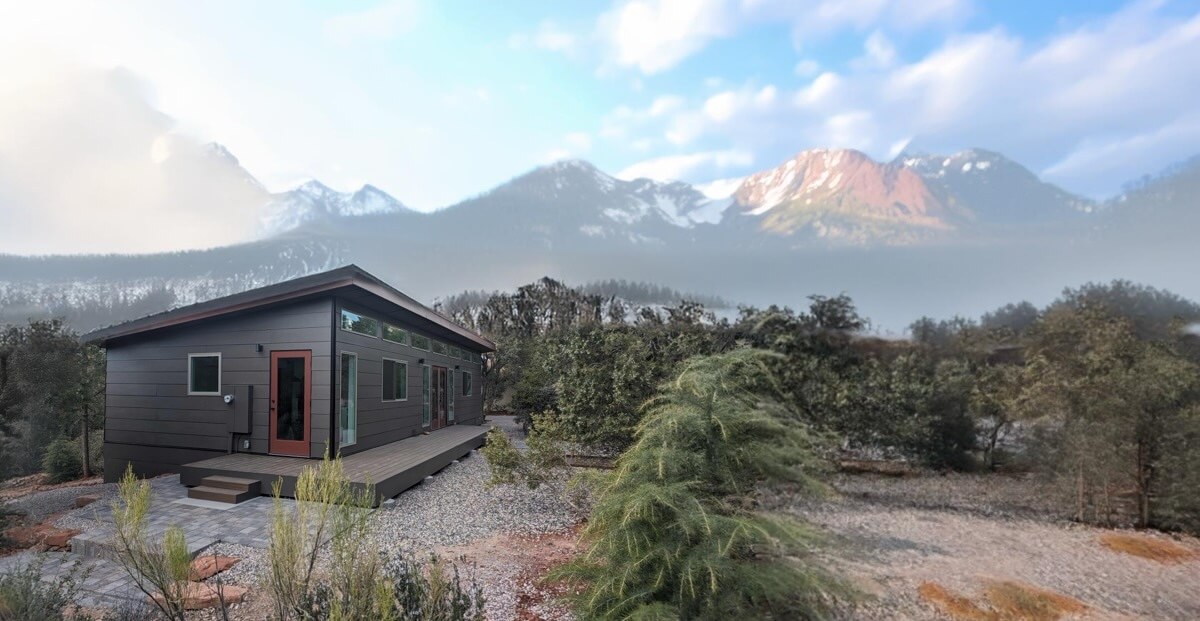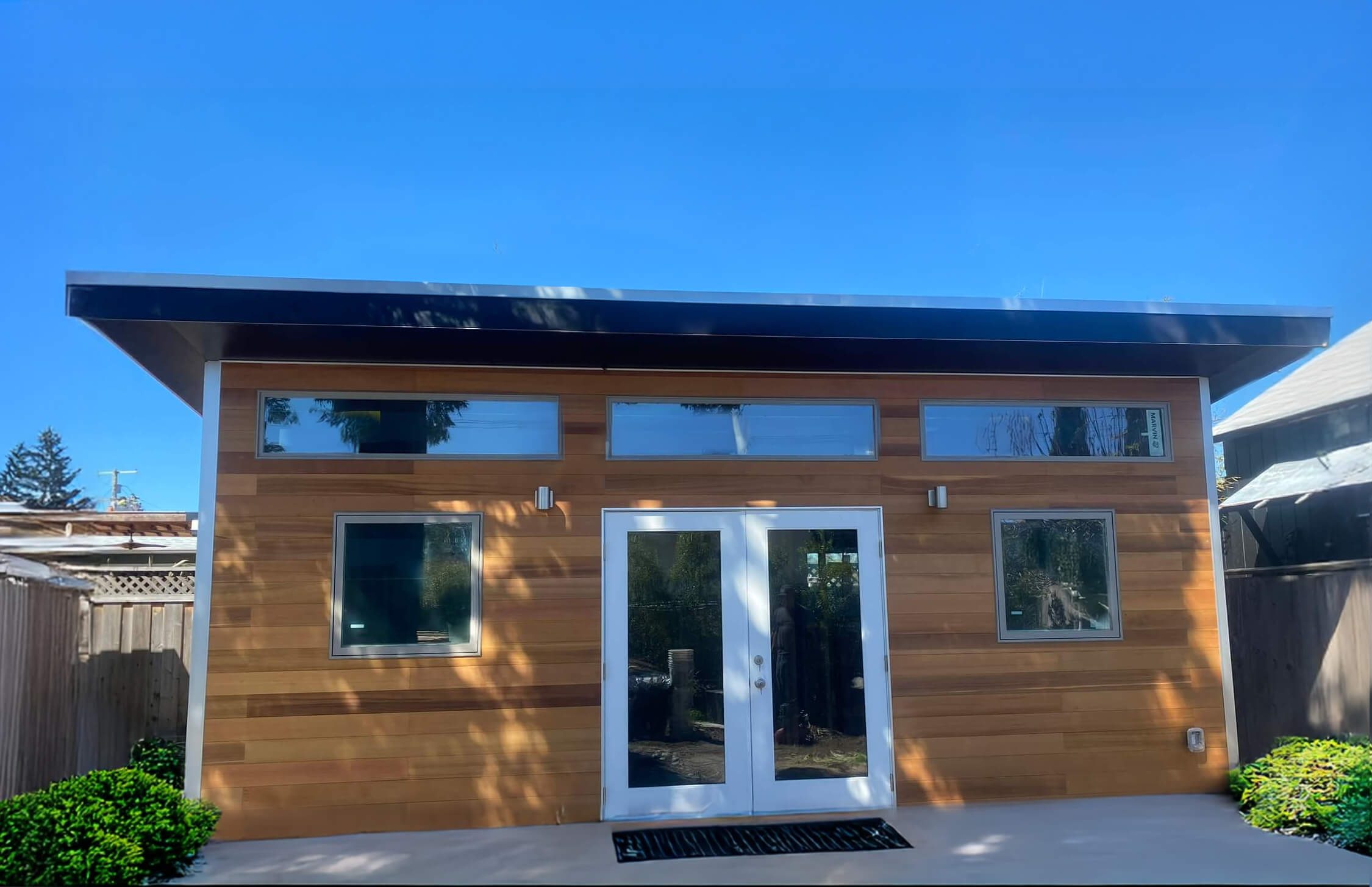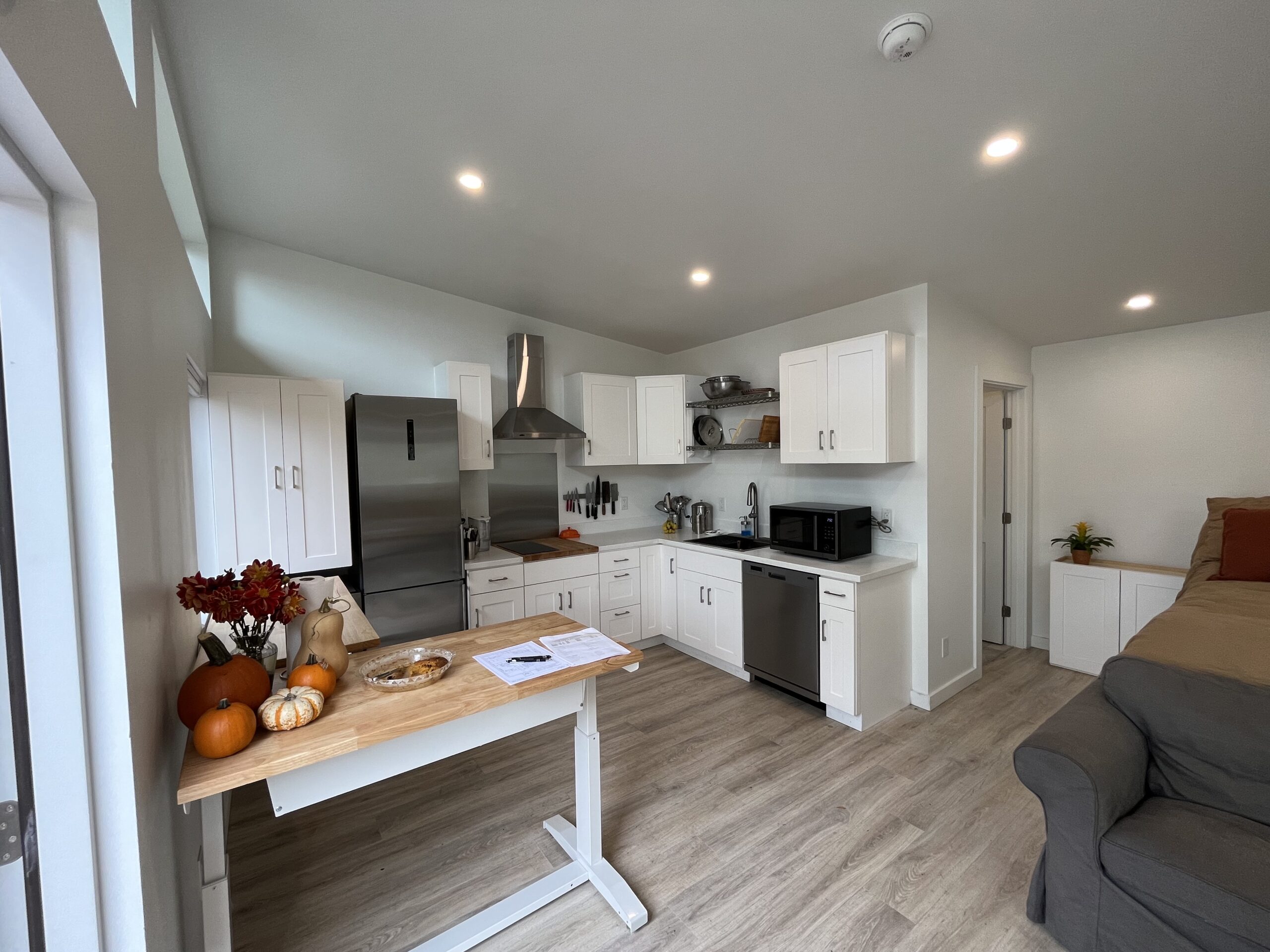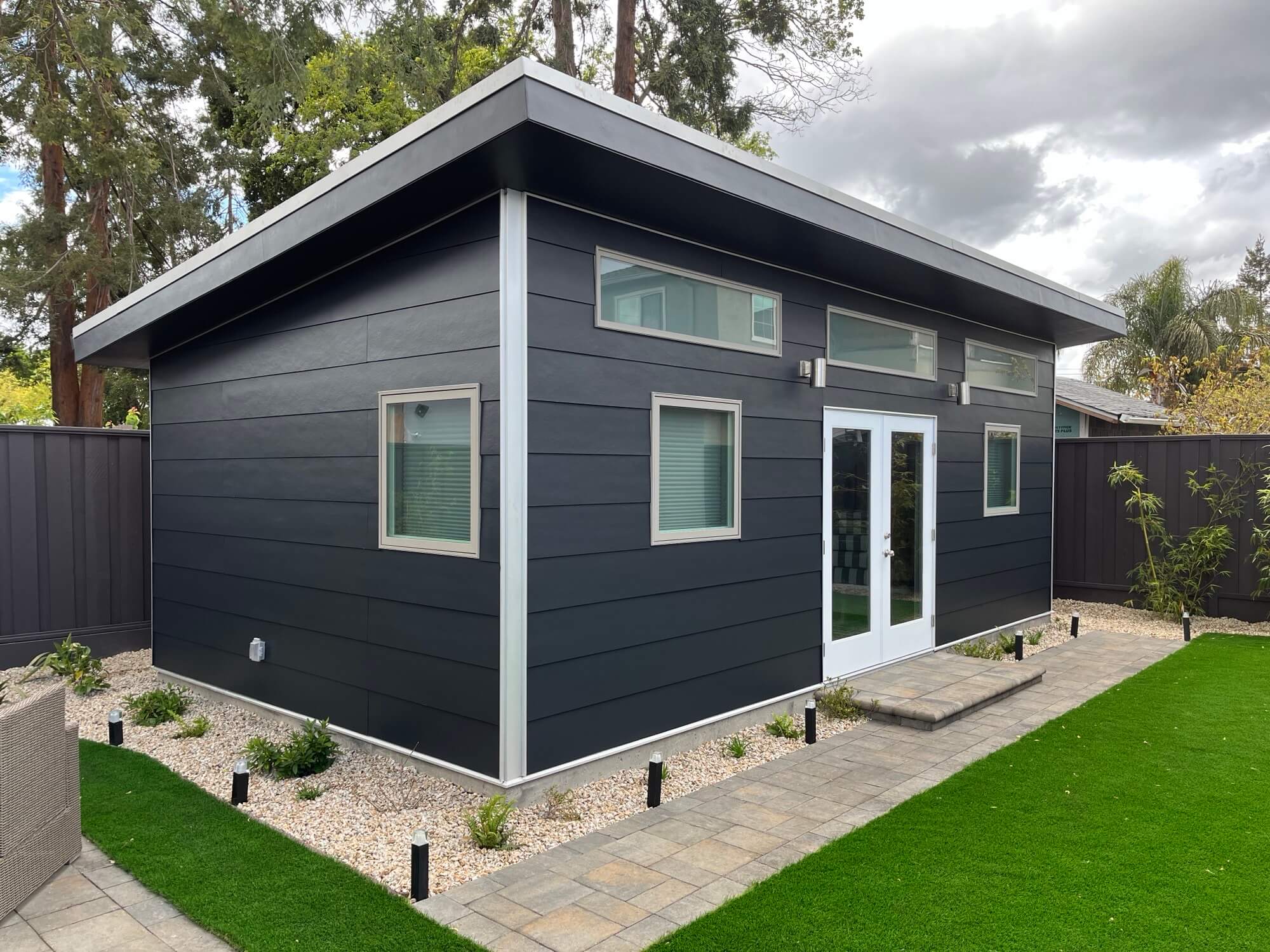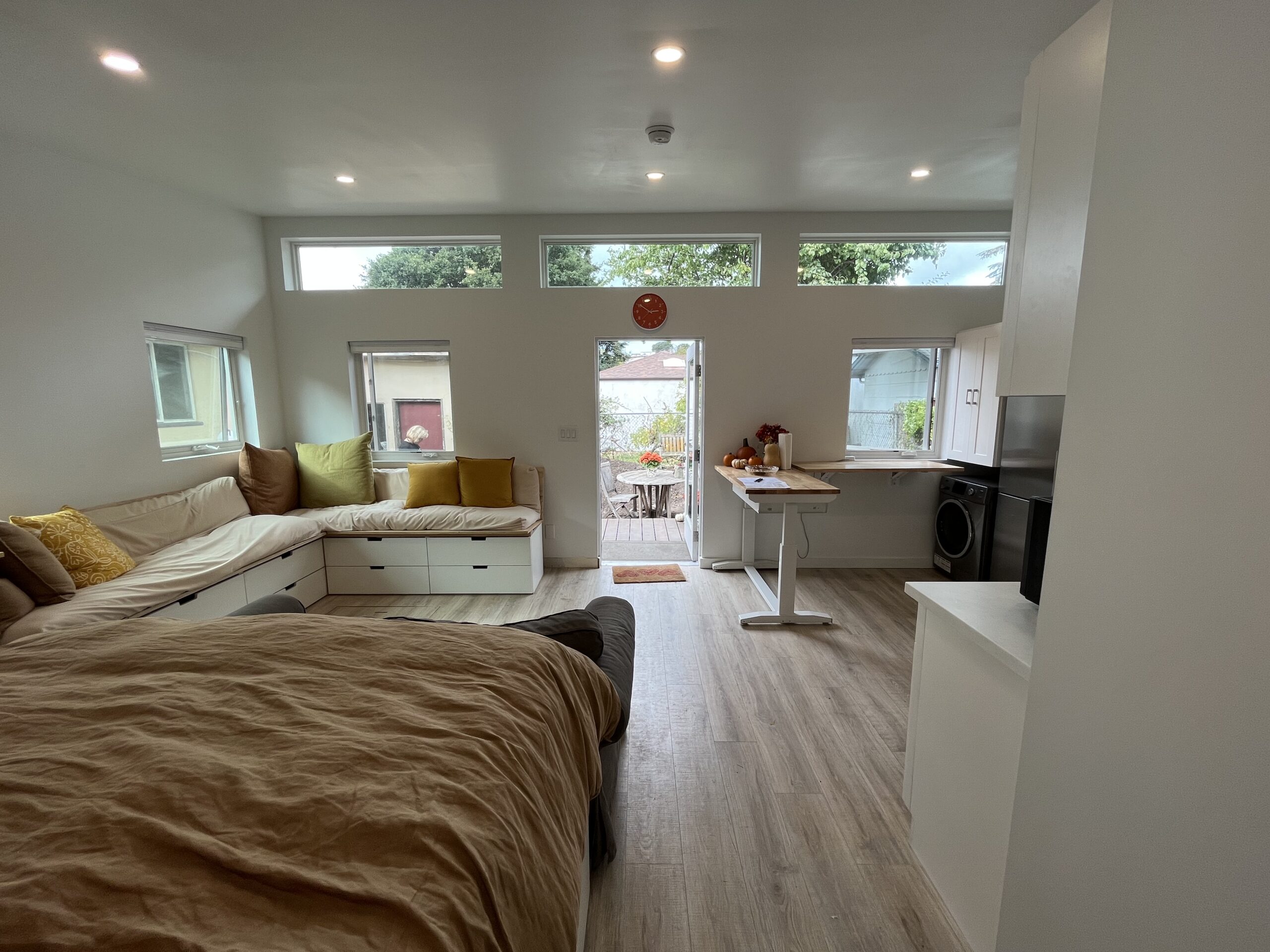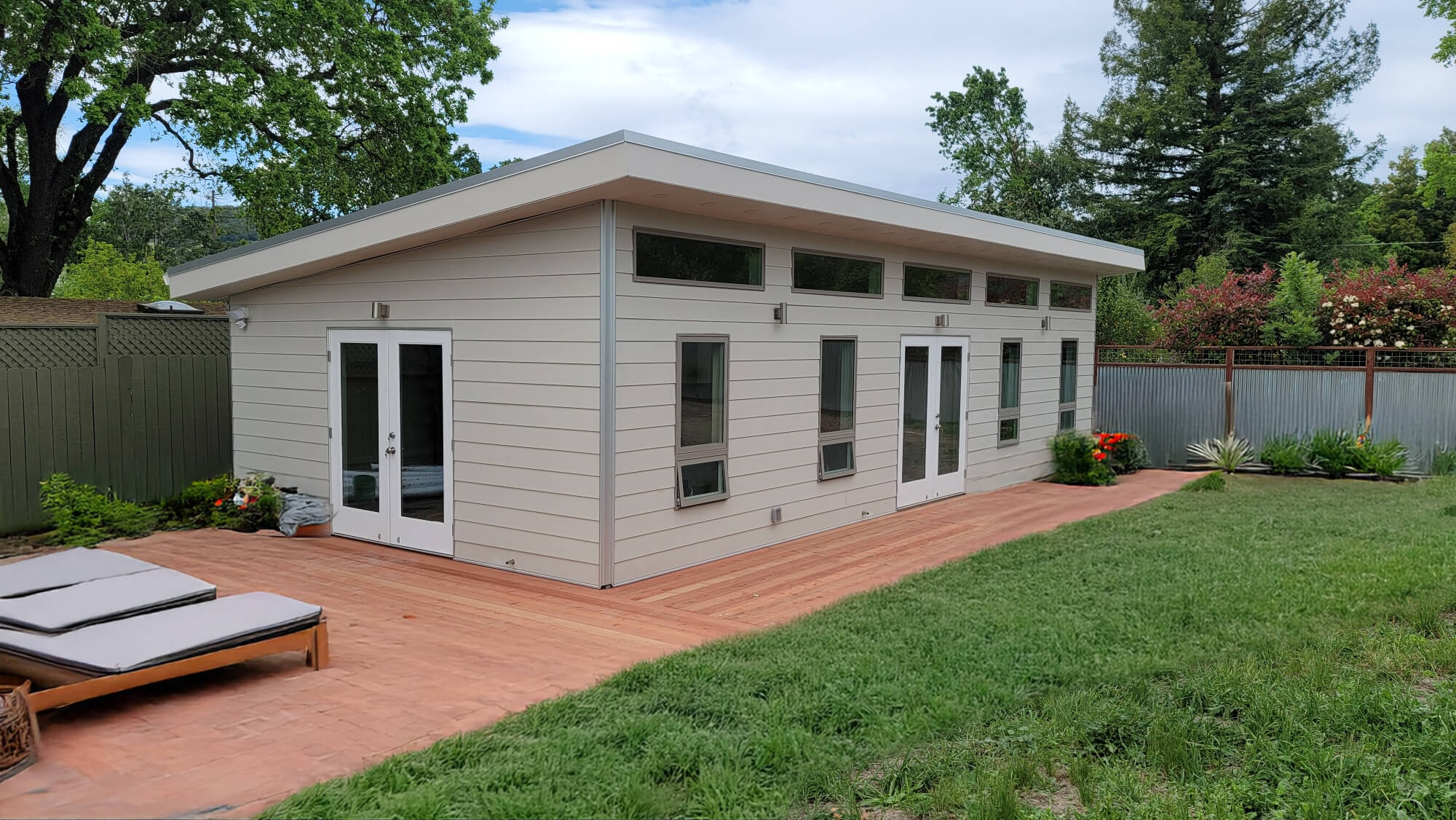What Is an ADU? Your Guide to Building a Guest House for Family, Rentals, and More
Thinking about adding more living space to your property without a major renovation? An Accessory Dwelling Unit (ADU) might be the perfect solution. Whether you want a cozy guest house for visiting family, a private rental unit for extra income, or a detached retreat for work or relaxation, an ADU offers flexibility and function—all in a beautifully designed, standalone space.
In this guide, we’ll walk you through what an ADU is, how you can use one, and what to consider when building your own.
What Is an ADU? Understanding Accessory Dwelling Units
You’ve probably heard the term ADU before, but what exactly does it mean?
Defining an ADU: More Than Just a Guest House
An ADU is a self-contained living space located on the same property as a primary home. While many people think of ADUs as guest houses, they can be much more—rental units, home offices, multigenerational living spaces, or even private retreats.
Types of ADUs: Detached, Attached, and Converted Spaces
ADUs come in a variety of styles to fit different needs and properties. The main types include:
- Detached ADUs: Standalone structures separate from the main house, such as high-end sheds converted into guest houses or rental units.
- Attached ADUs: Additions or extensions built onto the primary home, often with a private entrance.
- Converted Spaces: Existing areas, like garages and basements, transformed into livable units.
While each type offers unique benefits, Studio Shed specializes in detached ADUs. These detached structures offer increased privacy, simpler permit and construction processes, and a smart financial investment.
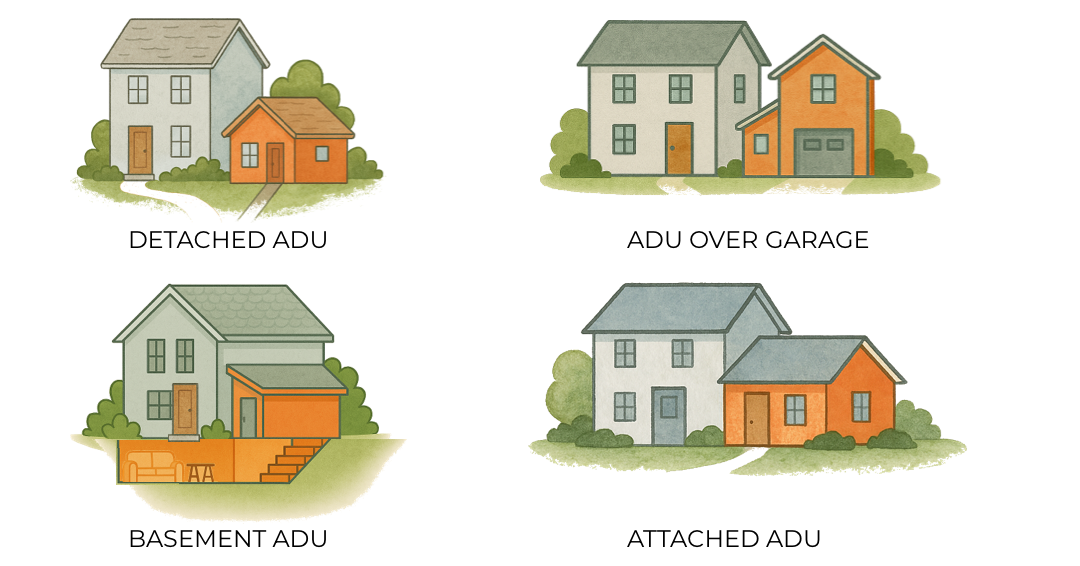
Why Build an ADU? The Benefits of Adding a Guest House
In addition to expanding your living space, investing in an ADU can add value, flexibility, and new opportunities to your property. Here are some of the key benefits of building one.
-
Multigenerational Living: Creating Space for Family
An ADU offers a perfect solution for multigenerational living, allowing family members to stay close while maintaining privacy and independence. Whether it's a comfortable home for aging parents or a quiet retreat for older children who want their own space, an ADU creates a great solution for keeping loved ones nearby without feeling crowded.
-
Rental Income Opportunities: Turning Your ADU into a Money-Maker
One of the biggest perks of building an ADU is the potential for rental income. By transforming your ADU into a private rental unit, you can generate a steady income through long-term leases or short-term rentals like Airbnb. This added revenue can help offset the cost of building the ADU or provide extra financial flexibility.
-
Extra Space for Work, Guests, or Hobbies
ADUs also offer versatile space that can be customized to suit your needs, such as a private home office or a dedicated area for hobbies and creative endeavors. This extra space allows you to separate work or leisure from your main living area, helping to maintain balance.
Can I Build a Guest House on My Property? Key Zoning and Permit Considerations
Before you start building a guest house, it’s important to understand the zoning laws and permit requirements that apply to your property. Here are some of the key considerations you need to know so that your ADU project stays compliant and moves forward smoothly.
Understanding Local Zoning Laws and Building Codes
Local zoning laws and building codes vary by location, and they can greatly impact what you can build on your property. Check with your local planning department to understand restrictions on size, height, and use. Some areas may have specific guidelines for setbacks, parking, and occupancy limits, and knowing this information early on can save you time and money down the road.
HOA Restrictions and Property Size Requirements
If your property is part of a Homeowners Association (HOA), there may be additional rules and restrictions to consider when building an ADU. Some HOAs have guidelines on the size, appearance, and use of accessory structures, which could impact your plans. Additionally, many municipalities have minimum property size requirements for ADUs, so verify that your lot meets the necessary criteria before moving forward with your project.
How Much Does It Cost to Build an ADU? A High-Level Cost Breakdown
It’s important to understand how much it would cost to build a guest house or other type of ADU so you can budget accordingly. Use this high-level breakdown to get an idea of the typical expenses you can expect when building an ADU, from design to construction.
Factors That Affect ADU Costs (Materials, Labor, Design)
Several factors can influence the total cost of building an ADU. These include:
- Materials: The type of materials you choose for construction, finishes, and interior design can significantly impact the overall cost.
- Labor: Labor costs vary depending on your location, the complexity of the project, and the professionals you hire.
- Design: Custom designs or specialized features, like energy-efficient systems or high-end fixtures, can increase costs.
At Studio Shed, we make building an ADU affordable for a variety of budgets with our financing options.
Budgeting for Permits, Utilities, and Unexpected Expenses
When planning your ADU, you’ll need to budget for permits and utility connections, which can sometimes be overlooked. Depending on your location, you may need to pay for zoning permits, building permits, and inspections. Additionally, connecting to utilities like water, electricity, and sewage may require extra costs, especially if your ADU is detached.
It’s also a good idea to set aside a contingency fund for any unexpected expenses that may arise during construction to help your project stay on track and within budget.
Is an ADU Right for You? Factors to Consider Before Building
Before you start building, it’s worth considering whether an ADU is the right fit for you and your property. Some factors to consider include:
Long-Term Value and ROI of an ADU
Building an ADU can be a great way to boost your property’s value, especially if you’re planning to rent it out or use it for multigenerational living.
It’s important to think about the long-term return on investment (ROI)—not just the initial cost. An ADU can provide consistent rental income and increase your home’s resale value, making it a smart investment in the long run.
Lifestyle Benefits: Flexibility, Privacy, and Convenience
An ADU can offer several lifestyle benefits that make it a worthwhile investment. Consider the following:
- Flexibility: You can use the space for a variety of purposes, from a guest house to a home office or rental unit.
- Privacy: It provides a separate, private space for guests, family, or yourself—without crowding your main living area.
- Convenience: Having an ADU on your property provides easy access to additional space, making it ideal for visiting family or a private work or creative space.
Why Work with Studio Shed for Your ADU?
Working with the right partner can make all the difference when setting out on the adventure of building an ADU. Unlike local builders who may face delays and added complexity, when you work with Studio Shed, you’ll enjoy a faster, easier process with the benefit of our in-house engineering resources. We streamline everything from design to construction, delivering a hassle-free experience and an ADU built to your specifications and timeline. Request a free consultation today to get started.
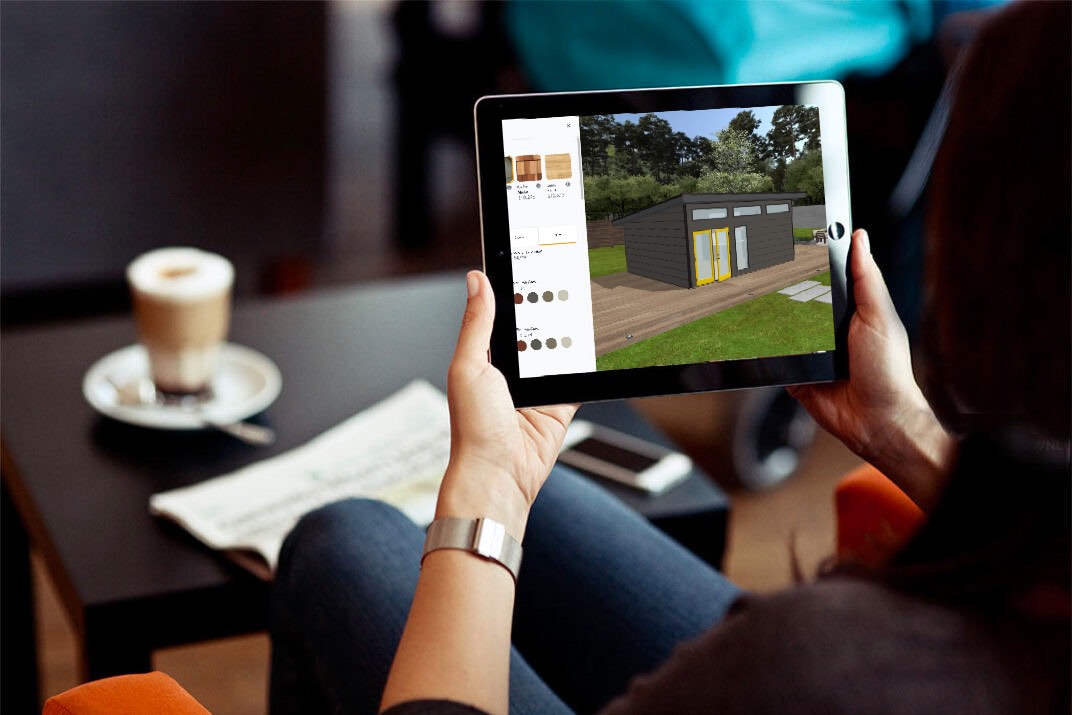
Make Your Escape
Design Your Studio Shed
One shed does not fit all. Our innovative prefab solution is a flat-packed, panelized kits of parts with hundreds of customizations in the Design Center. There are millions of combinations of sizes, door and window placements, and colors. All thoughtfully designed to work together.
